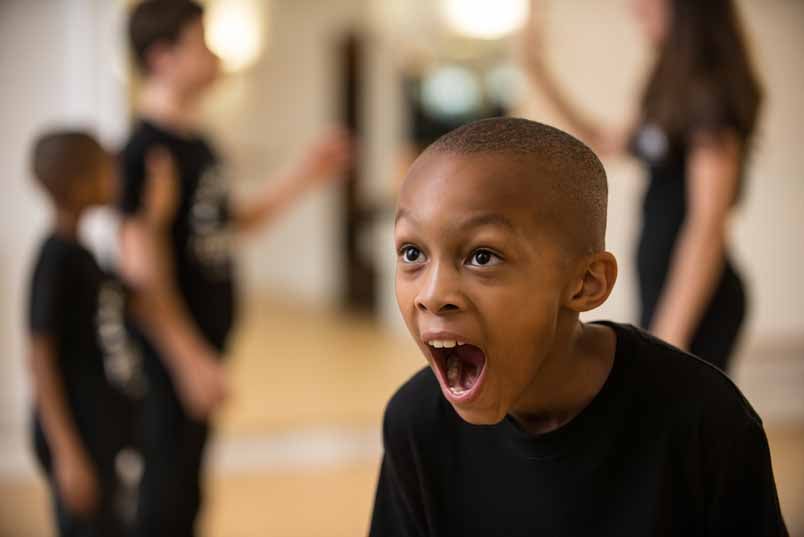
Journalist and mum of three, Georgina Fuller, talks to us about the challenges of peer pressure and how parents can deal with it.
“Mummy, where are we going on holiday this year? Freddie’s family are going to Italy. Can we go to Italy too? And Albert from year six has already been to Dubai and Switzerland. Can we go to Dubai?”
And so the barrage of relentless requests from my nine year old continue.
As first world problems go, where to go on holiday has to be up there at the top of the list but I am finding my children’s constant need to keep up with their peers increasingly tricky to manage. It’s not just holidays, for starters. The nine year old doesn’t have an X Box like many of his friends, the six year old wants a £199.99 Lego Millennium Falcon for his birthday and the four year olds’ wish list changes on a daily basis.
I know they must sound like spoilt brats but they really aren’t. They are just succumbing to the inevitable peer pressure which seems so prevalent in young children today and manifests itself as pester power for us parents. So how can parents deal with it and help give children the confidence to be themselves and not pay heed to peer pressure?
Peer pressure and the internet

Dr Angharad Rudkin, child clinical psychologist and co-author of What Is My Child Thinking?, says peer pressure has got significantly worse since the advent of the internet. “If you grew up in the 80’s, the only people you had to compare yourself with were your classmates and perhaps the children you saw in Grange Hill or Just 17,” she comments. “But now, as so many children are online and on social media, they can compare themselves with anyone and everyone in the world.”
One of the most damaging aspects of this is that what they are usually seeing is manufactured perfection but they don’t, says Rudkin, have the ability to recognise that. The need to fit in by having the same stuff as “the cool kids” is perfectly natural but can, if extreme, indicate an anxiety or lack of self esteem which the child believes will be cured with the arrival of a material possession. It can also illustrate a propensity for vulnerability to pressure from peers.
How can drama help?

Drama classes or workshops can help instil confidence and assertiveness and explain how to manage emotions, particularly through role-playing typical scenarios they might find themselves in at school.
Lucy Quick, co-founder and Principal of Perform, says: “Ideally, rather than talking in general terms, highlight a specific situation that has occurred, talk to them about how they felt when under pressure and ask them how they would react differently next time.” Acting out bullying scenarios where Child A (the bully) tries to persuade Child B (the person being bullied) to do something which is naughty can also help children understand how to respond to peer pressure.
It’s also important to remember that you are their role-model. “Think about the message that you are sending. If you buy lots of things with a view to making yourself happier then they will follow your example” Rudkin says. I must try and remember that next time I’m searching for luxury holidays and yelping in delight when a Hush parcel arrives in the post. Come to think of it, it’s hardly surprising they're badgering me for an iPhone.
Top tips for managing peer pressure
1. Listen and empathise. Try and tune in to what your children are saying and put yourself in their shoes.
2. Remind them that the images they see online or on TV have probably been carefully manufactured and edited and that they are not always real.
3. Ask them why they really want something – do they really want the ‘thing’ or do they just want to feel acceptance through having it?
4. Speak to your child's teacher to find out if they have confidence or friendship issues at school.
5. Remember that you are their role-model. If you give material things great importance, they will too.
Georgina Fuller is a freelance journalist and media consultant.















Leave a comment